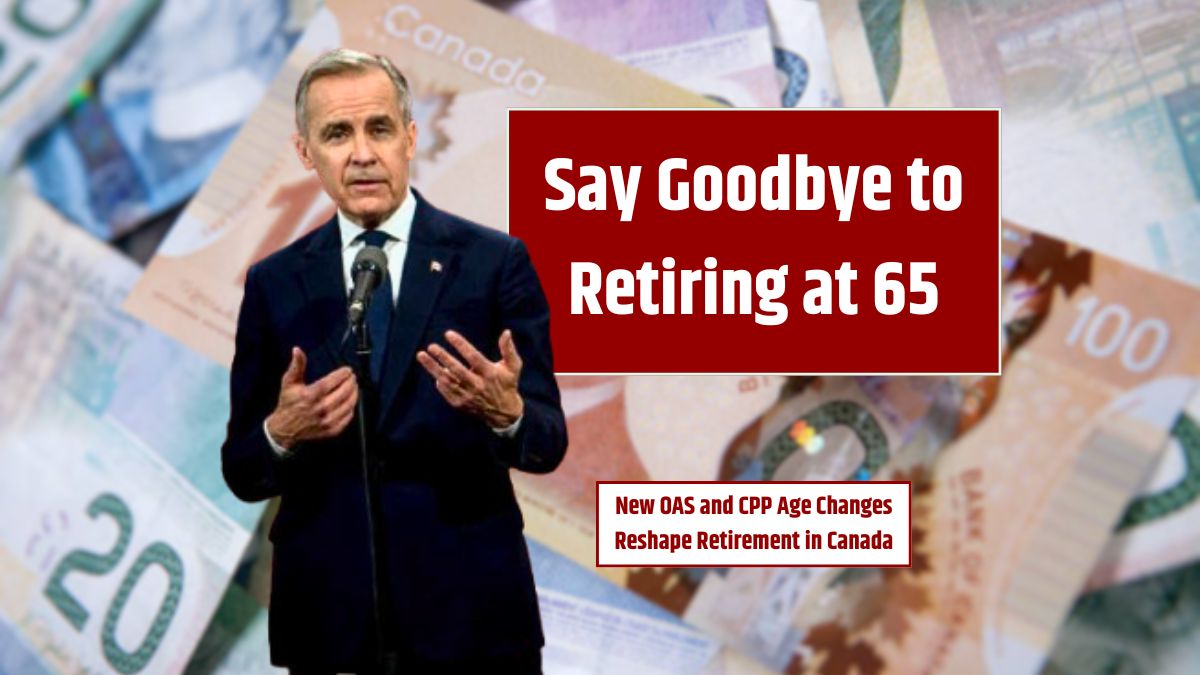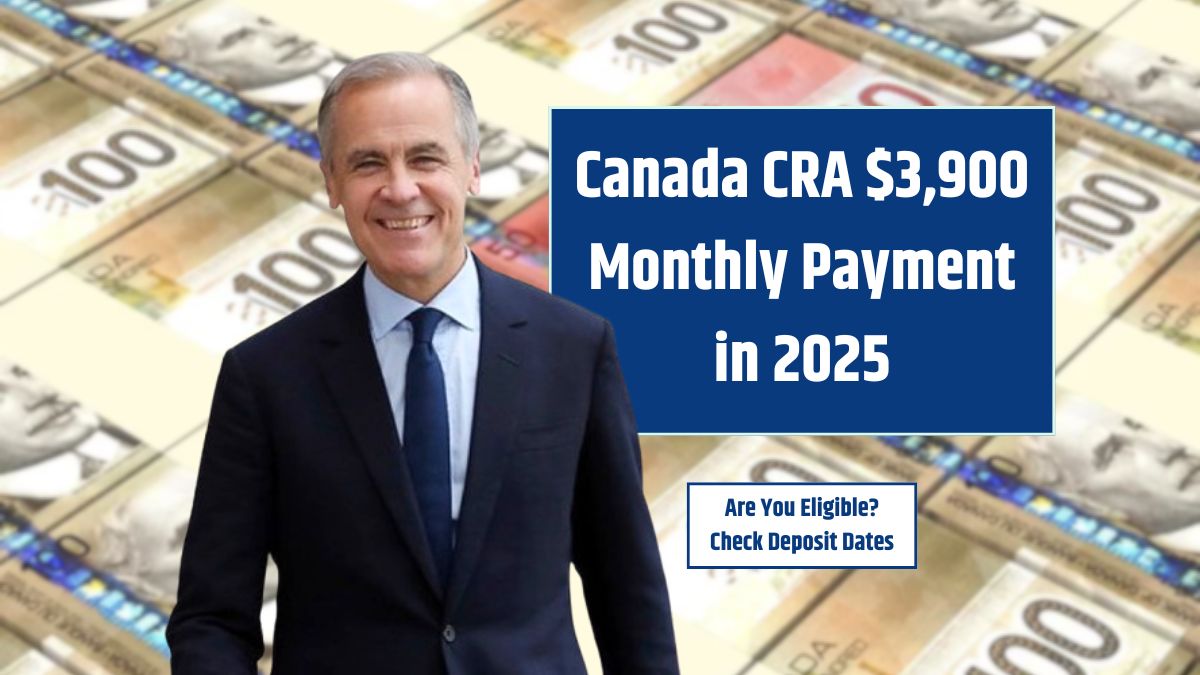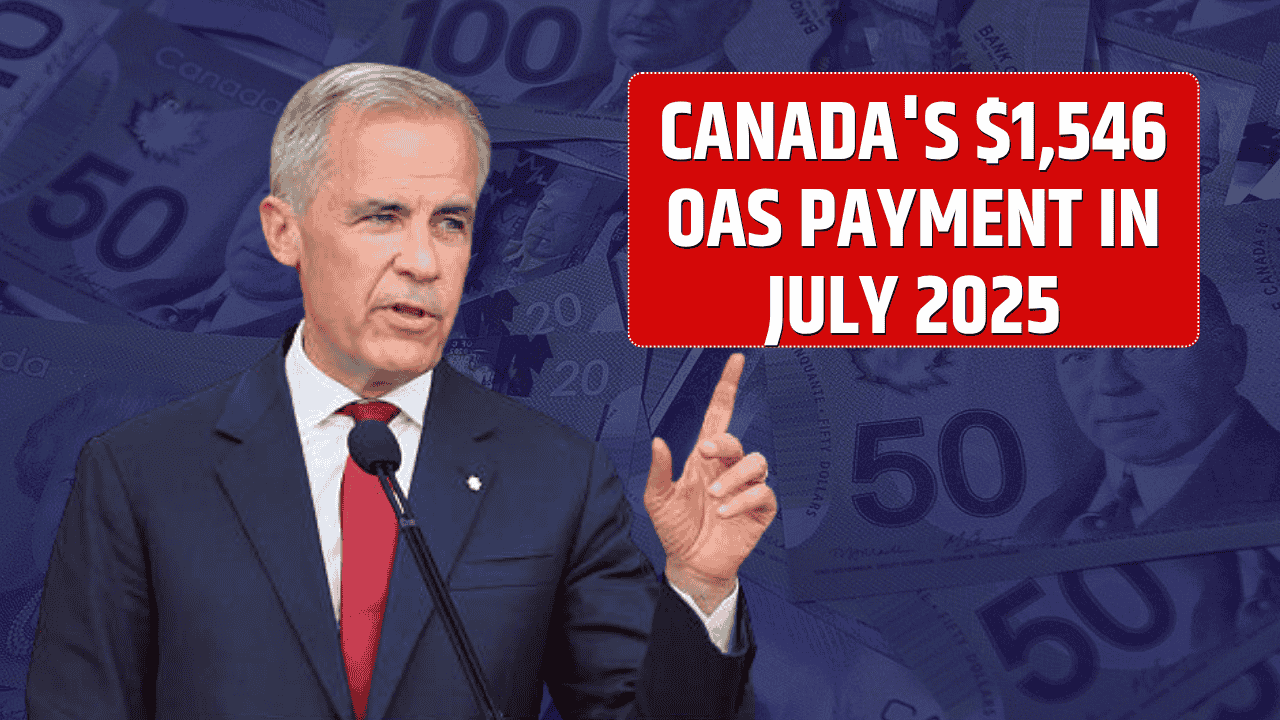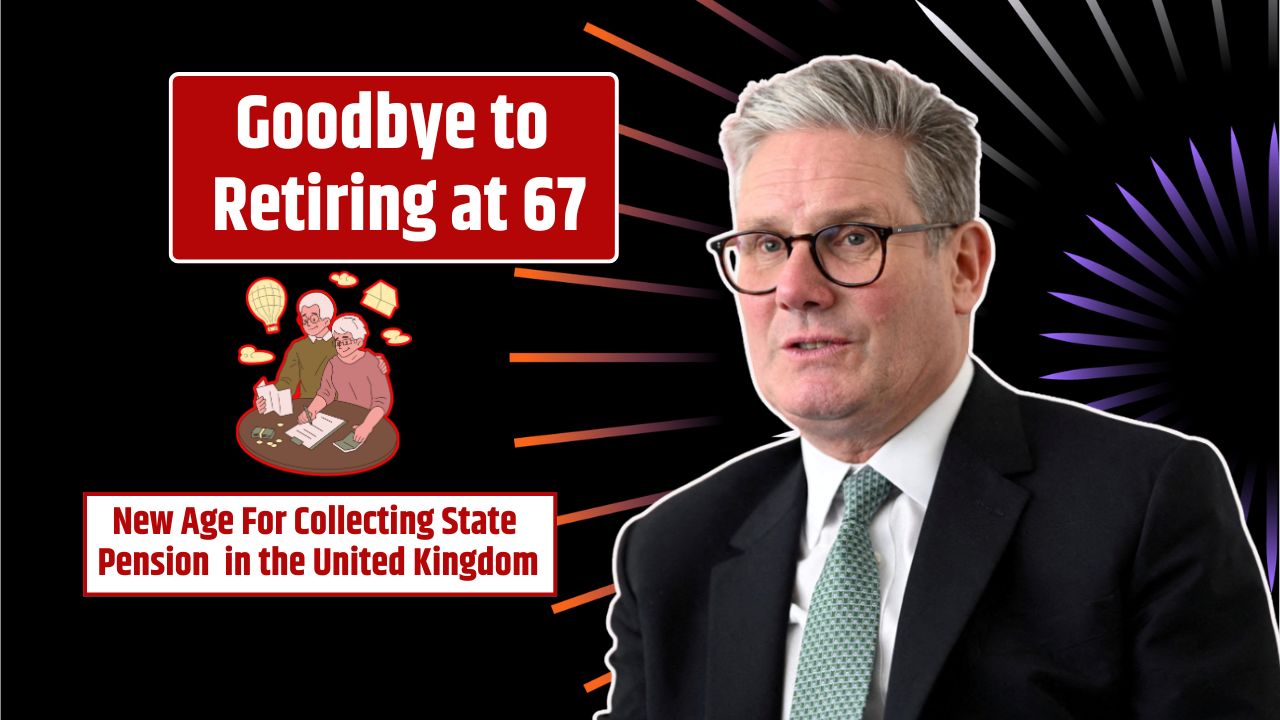For decades, age 65 was considered the finish line for working Canadians—the moment you’d start receiving government benefits and enjoy your golden years. But things are changing fast. With longer life expectancy, rising living costs, and evolving pension policies, the idea of a set retirement age is fading.
If you’re planning to retire at 65, now’s the time to take a closer look. You may need to rethink that timeline. Here’s why.
Table of Contents
Shift
More Canadians are rethinking what retirement actually looks like. Age 65 isn’t the hard stop it once was. The average Canadian is living well into their 80s, which means retirement could stretch 20 years or more. That’s a long time to rely on savings and fixed income.
At the same time, the structure of government benefits is encouraging later retirement. Public pensions like the Canada Pension Plan (CPP) and Old Age Security (OAS) haven’t gone away—but the longer you wait to claim them, the more you receive.
CPP
The Canada Pension Plan is flexible. You can start taking it as early as age 60 or delay it up to age 70. But the timing affects how much you get every month.
Here’s how it works:
| Age You Start CPP | Monthly Benefit Adjustment |
|---|---|
| 60 | 36% reduction |
| 65 | No adjustment |
| 70 | 42% increase |
So if you take CPP at 60, you’ll get 36% less every month than if you waited until 65. But if you hold out until 70, you’ll receive 42% more. For anyone who’s still earning income or doesn’t need the money right away, waiting could be a smart move.
Read Also- $1702 Stimulus Checks Coming in 2025 – Who Qualifies and When to Expect Payment
OAS
Old Age Security works similarly. While the standard start age is 65, you can choose to delay it up to age 70. And just like CPP, the longer you wait, the more you receive.
| Age You Start OAS | Monthly Benefit Adjustment |
|---|---|
| 65 | Standard amount |
| 70 | 36% increase |
This increase reflects today’s reality: Canadians are living and working longer, so it makes sense to give people an incentive to delay.
Debate
While the current eligibility age for OAS is still 65, the government has looked into raising it before. Back in 2012, there was a plan to push it to 67 by 2029—but that was cancelled in 2016.
Read Also- Canada’s $1,546 OAS Payment In July 2025 – Who Qualifies And When To Expect It
Still, the issue could come back. Other countries like the U.S., U.K., and Australia have already increased their retirement ages or are phasing in changes. Canada may revisit the idea, especially if pension costs continue to climb as the population ages.
Working
Canadians over 65 are staying in the workforce longer than ever. In 2000, only about 1 in 10 seniors worked. Now, it’s closer to 1 in 5.
For many, it’s not just about money. Working part-time or freelancing can provide structure, routine, and a sense of purpose. And if you’re not ready to stop entirely, a gradual transition out of full-time work—often called phased retirement—can stretch your savings and ease the emotional shift.
Planning
Retirement today isn’t a date—it’s a decision. Here’s how to make sure you’re ready, whenever that day comes:
- Know your benefits: Understand how CPP and OAS work, and how timing affects your monthly payments.
- Estimate how long you’ll need income: Use retirement calculators to see how long your savings must last.
- Watch for policy updates: Government rules can change, so stay informed.
- Be flexible: Maybe work part-time. Maybe delay OAS or CPP. Maybe retire early and live frugally. There’s no one-size-fits-all approach.
In short, retirement at 65 isn’t a rule—it’s a choice. For some, it’s still the right time. But for others, working longer or staggering retirement benefits could make all the difference. With a bit of planning and some flexibility, you can create a retirement timeline that works for you.
FAQs
Is 65 still the official retirement age?
Yes, but CPP and OAS can be delayed for higher payments.
What happens if I take CPP at 60?
You get 36% less per month than if you waited until 65.
Can I delay OAS?
Yes, delaying to 70 increases your OAS by up to 36%.
Are there plans to raise the OAS age?
Not officially, but it has been considered in the past.
Are more seniors working past 65?
Yes, about 20% of Canadians 65+ are still in the workforce.

























